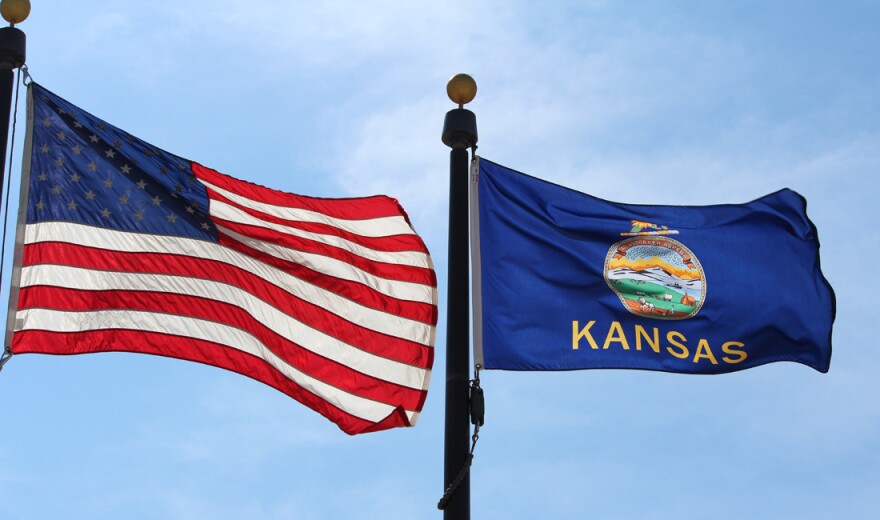Federal officials this week approved a corrective plan for Kansas’ privately managed Medicaid program, easing pressure on the state before a year-end deadline.
As part of the plan, state officials agreed to keep track of the number of grievances and appeals they receive from Kansans in Medicaid who say they were denied appropriate services. That and other elements of the plan were outlined in a letter the state received Monday from James Scott, associate regional administrator for Medicaid and children’s health operations at the Center for Medicare and Medicaid Services.
Read the CMS letter approving a corrective action plan for Kansas.
In Kansas, the privatized Medicaid program known as KanCare provides health insurance to about 425,000 Kansans, mostly children in low-income families, people with disabilities and low-income elderly Kansans who need nursing home care.
Kansas is operating its Medicaid program under a five-year “waiver” that allows three private insurance companies to administer the program. Through waivers, states can make changes to Medicaid as long as they cover required services and don’t increase federal costs.
The state’s waiver ends Dec. 31, and officials have asked for a one-year extension after then to allow KanCare to continue while the Kansas Department of Health and Environment prepares an application for a new program. CMS has yet to approve the extension, but the corrective plan removes one barrier.
CMS officials denied the extension request in January, however, because of concerns the state wasn’t adequately overseeing the three insurance companies that administer the program. Lt. Gov. Jeff Colyer attributed the denial to a “parting shot” from the outgoing administration of President Barack Obama and said the state expected more cooperation under new President Donald Trump.
If CMS doesn’t approve an extension before the waiver expires, Kansas theoretically could be forced to return to traditional Medicaid, though records don’t show any precedent for that. So far, CMS has only disapproved two waiver applications, according to its database. Both were for new waivers.
Mike Oxford, executive director of the Topeka Independent Living Resource Center, said Wednesday that he hopes better tracking will improve services for people with disabilities. Until now, the state has only looked at health outcomes, not whether people are satisfied with their services or able to participate in their communities, he said.
“From where I sit today, it looks like the state is getting it,” he said.
If the state acts on the information it collects, it could reduce KanCare recipients’ distrust in the system, Oxford said. Some people in KanCare who were denied services told state officials during public meetings that they felt they were being mistreated to increase the profits of the insurance companies that administer KanCare, he said.
Meanwhile, state officials are moving forward with plans for the next phase of KanCare.
Members of the public can comment on possible changes to KanCare at a series of public meetings in June.
State officials have kept quiet about what a new KanCare program might include, citing uncertainty in Washington, D.C. Angela de Rocha, spokeswoman for the Kansas Department for Aging and Disability Services, said she expects changes would be “fairly extensive.”
“It is too soon right now to say exactly how or in what ways,” she said in an email. “One of the reasons we have applied for an extension is to wait for clarity on what the federal government is going to do.”
Meg Wingerter is a reporter for the Kansas News Service, a collaboration of KCUR, Kansas Public Radio and KMUW covering health, education and politics. You can reach her on Twitter @MegWingerter. Kansas News Service stories and photos may be republished at no cost with proper attribution and a link back to kcur.org.





